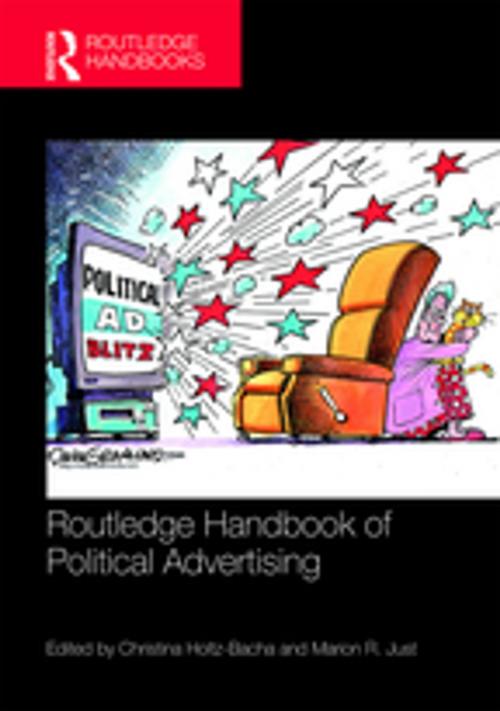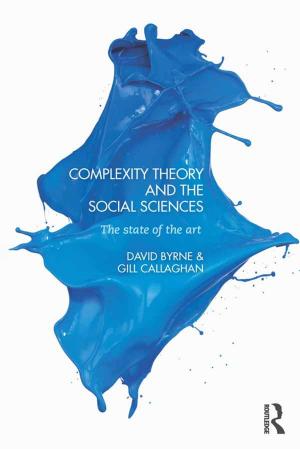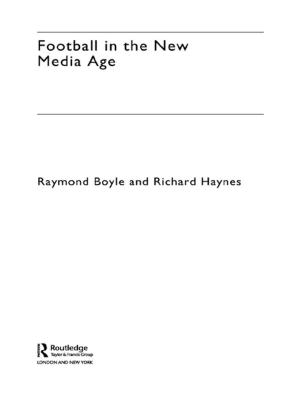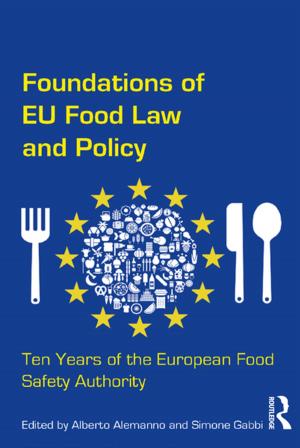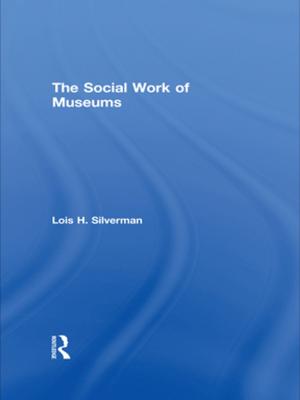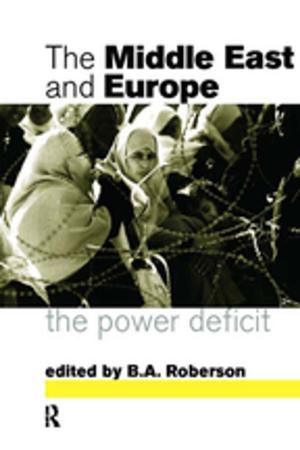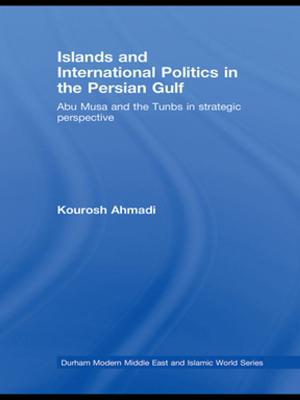Routledge Handbook of Political Advertising
Nonfiction, Social & Cultural Studies, Political Science, Politics, Reference, Social Science| Author: | ISBN: | 9781317439776 | |
| Publisher: | Taylor and Francis | Publication: | February 24, 2017 |
| Imprint: | Routledge | Language: | English |
| Author: | |
| ISBN: | 9781317439776 |
| Publisher: | Taylor and Francis |
| Publication: | February 24, 2017 |
| Imprint: | Routledge |
| Language: | English |
This Handbook provides the most comprehensive overview of the role of electoral advertising on television and new forms of advertising in countries from all parts of the world currently available. Thematic chapters address advertising effects, negative ads, the perspective of practitioners and gender role. Country chapters summarize research on issues including political and electoral systems; history of ads; the content of ads; reception and effects of ads; regulation of political advertising on television and the Internet; financing political advertising; and prospects for the future. The Handbook confirms that candidates spend the major part of their campaign budget on television advertising. The US enjoys a special situation with almost no restrictions on electoral advertising whereas other countries have regulation for the time, amount and sometimes even the content of electoral advertising or they do not allow television advertising at all. The role that television advertising plays in elections is dependent on the political, the electoral and the media context and can generally be regarded as a reflection of the political culture of a country. The Internet is relatively unregulated and is the channel of the future for political advertising in many countries
This Handbook provides the most comprehensive overview of the role of electoral advertising on television and new forms of advertising in countries from all parts of the world currently available. Thematic chapters address advertising effects, negative ads, the perspective of practitioners and gender role. Country chapters summarize research on issues including political and electoral systems; history of ads; the content of ads; reception and effects of ads; regulation of political advertising on television and the Internet; financing political advertising; and prospects for the future. The Handbook confirms that candidates spend the major part of their campaign budget on television advertising. The US enjoys a special situation with almost no restrictions on electoral advertising whereas other countries have regulation for the time, amount and sometimes even the content of electoral advertising or they do not allow television advertising at all. The role that television advertising plays in elections is dependent on the political, the electoral and the media context and can generally be regarded as a reflection of the political culture of a country. The Internet is relatively unregulated and is the channel of the future for political advertising in many countries
